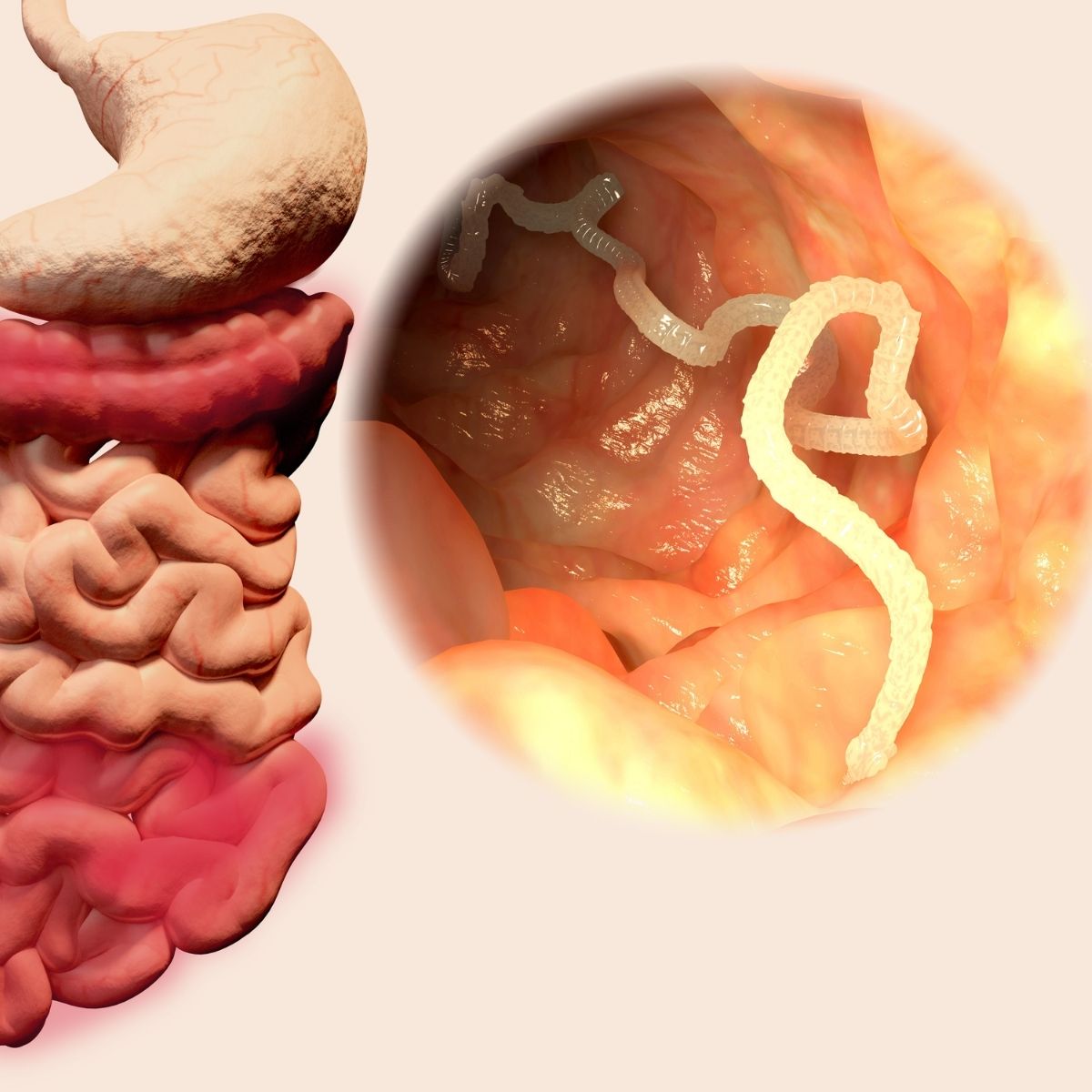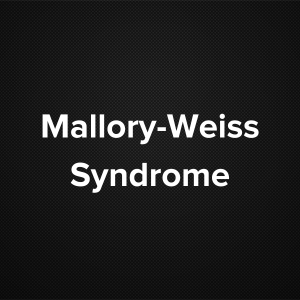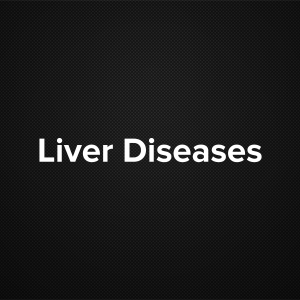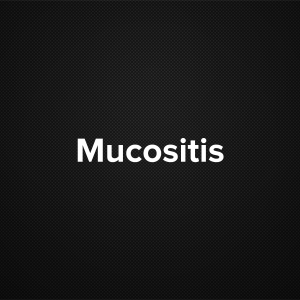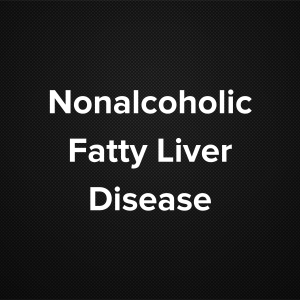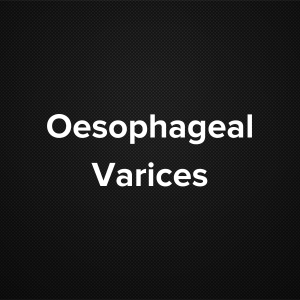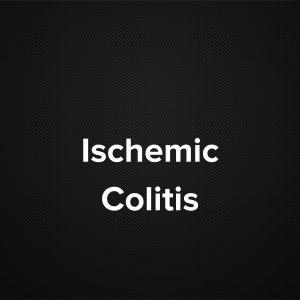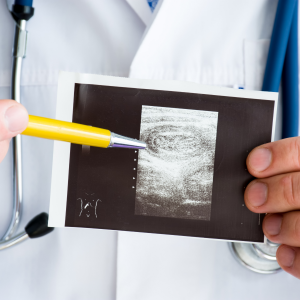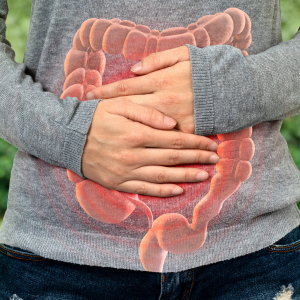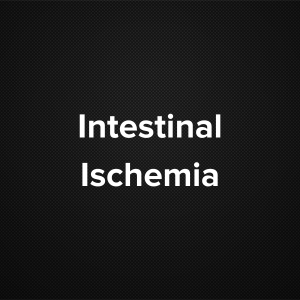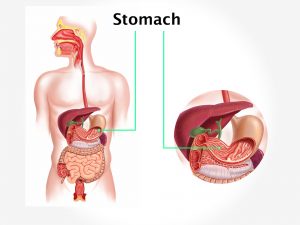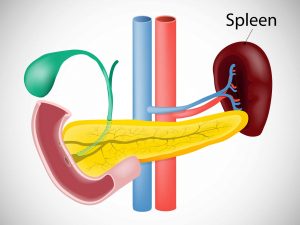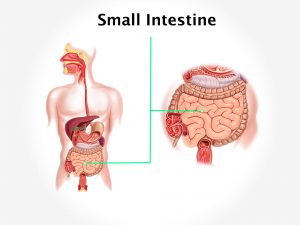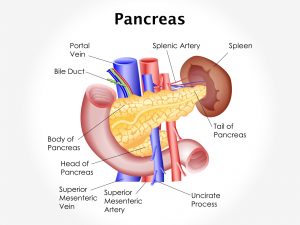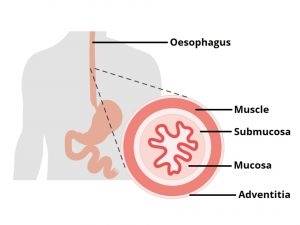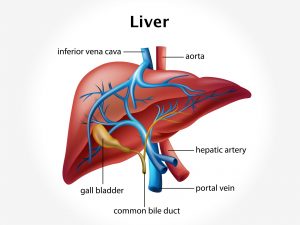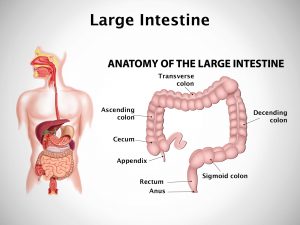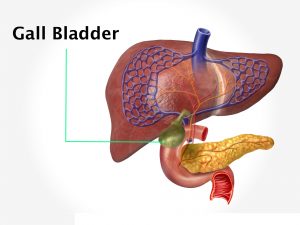Causes and risk factors
Ascariasis is caused due to Ascaris lumbricoid parasite. This parasite harbours into the human body. A person infected with roundworm passes eggs in the feces. Open defecation causes contamination of the soil with the eggs of the parasite.Accidentaly contamination with food or raw vegetables causes the entry of parasite into the human body. The eggs are hatched into the larva in the small intestine. Through the blood stream they enter the lungs and eventually into the throat where they are swallowed again. On entering the intestine they grow into adult worm. The adult worm then lays eggs which are passed through the feces into the environment and thus a new cycle continues. Contamination of the infected soil with food or working in soil or infected dirt areas causes transmission of the organism. An immune compromised people, old people and children whose immunity is yet to build up completely are at high risk for developing the infection. The infection is more prevalent in areas where there is poor sanitation and in warm climate areas.
Clinical presentation
Ingestion of contaminated food causes pain in abdomen, nausea, vomiting, and diarrhea. The patient experience cramps while passing stools. The stool is watery and bloody. Fever, loss of appetite, weakness, and purities are the other symptoms seen.Ascariasis typically causes an itching at the anal region. It leads to protein and iron deficiency and hampers the overall nutrition status of the individual. As the parasite traverses through the blood stream to the lungs it also causes respiratory complaints like cough, wheezes, gagging and shortness of breath. Recurrent infection in children hampers the physical and mental development of the child due to lack of important nutrition. Weightloss occurs. Ascariasis can lead to various complications like peritonitis, obstruction of the intestine, enlargement of liver and spleen or inflammation in some other parts of the body.
Investigations
Diagnosis is confirmed on the basis of the symptoms narrated by the patient and on the basis of physical examination carried out by the doctor. Stool examination is a diagnostic tool. Diagnosis can also be confirmed with the help of abdominal X-rays or endoscopy. Certain other routine investigations like complete blood count; urine test etc can also be advised.
Treatment
Administration of oral medications is the only line of treatment.Antihelmintics is prescribed. Iron supplements can also be advised. In severe cases like peritonitis or obstruction of the intestine the person is hospitalized and appropriate treatment is given. Along with this certain preventive measures needs to be implemented. It comprises of maintaining personal hygiene, avoiding open defecation, do not use untreated night soil as fertilizer. One should avoid walking barefoot in soil or infected prone areas, all the vegetables and meat should be properly washed and cooked.
Other modes of treatment:
Certain other modes of treatment can also be helpful in coping up the symptom. Taking into consideration the symptoms in holistic way, homoeopathy can offer a good aid for the relief of the symptoms. The Ayurvedic system of medicine which uses herbs and synthetic derivates can also be beneficial in combating the complaints.
Facts and figures:
According to the Centers for Disease Control and Prevention (CDC), Incidence of ascariasis is estimated to be 807-1,221 million people worldwide.
